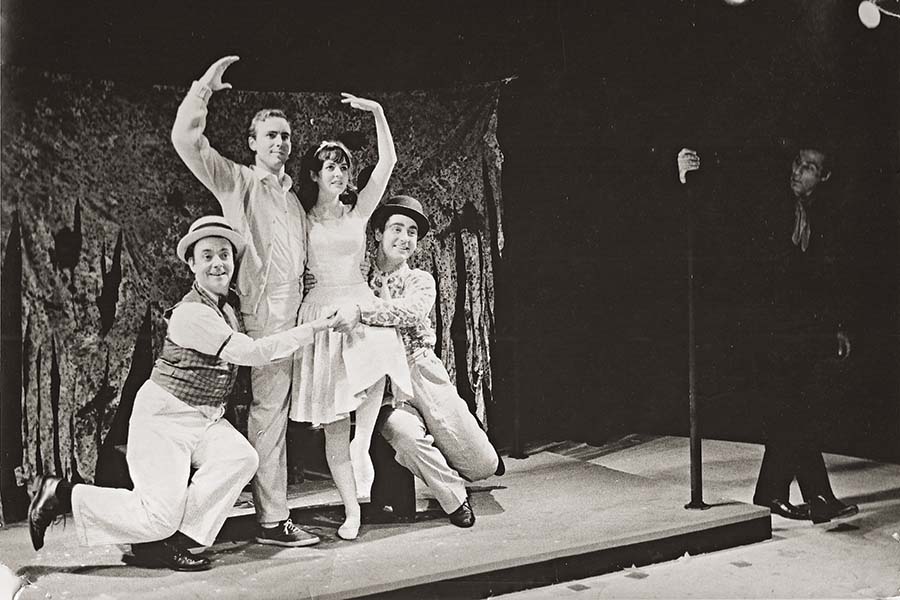245 YEARS AGO (1774)
A Bold Stroke for a Wife by Susanna Centlivre, produced by the American Company, opens in Charleston, S.C. This mounting serves as an example of the writer’s posthumous popularity, as Centlivre, one of the most successful English dramatists of the late 17th and early 18th centuries, continues to be one of the most widely produced female playwrights after her death in 1723.
100 YEARS AGO (1919)
Radical magazine The Liberator, edited by Max Eastman, publishes Mary P. Burrill’s play Aftermath. The play, which is set in rural South Carolina, follows a young African American man who returns from military service overseas in World War I to discover that his father has been lynched. The piece will be produced in 1928 by the Krigwa Players in New York City.
95 YEARS AGO (1924)
Famed Italian tragedienne Eleanora Duse dies of pneumonia at 64 in a Pittsburgh hotel while on a U.S. tour. Just days before, she performed in The Closed Door at the Syria Mosque in Pittsburgh and will receive a hero’s welcome for burial in Italy. Her acting inspired a young Stanislavsky and countless GOAT (greatest of all time) debates in the press, contrasting the performance styles of Duse and Sarah Bernhardt.
55 YEARS AGO (1964)
Roanoke Summer Theater, a summer-stock company in the eponymous Virginia town, opens its doors before staging its first show, Carousel, in June. The company, which will later change its name to Mill Mountain Playhouse and then Mill Mountain Theatre, will go on to present national and world premieres, including the U.S. debut of Children of Eden, and host the annual Norfolk Southern Festival of New Works.
40 YEARS AGO (1979)
The League of Chicago Theatres holds a first official meeting at the nightclub Zorine’s. According to the Chicago Tribune, the group is “the first theatre organization in the country that unites commercial, nonprofit, community, educational, Equity, and non-union theatres to build audience interest.” Over the coming decades the league’s membership will grow to more than 200 theatres.
35 YEARS AGO (1984)
The American Indian Theatre Company debuts Black Elk Speaks, adapted by Christopher Sergel from the John G. Heihardt book, at the Tulsa Performing Arts Center in Oklahoma. American Theatre’s first issue reports that the 31-member cast features David Carradine—though not of Native descent, he received permission to play the title role from the Oglala Lakota holy man’s family—plus three of Black Elk’s great-grandchildren.


